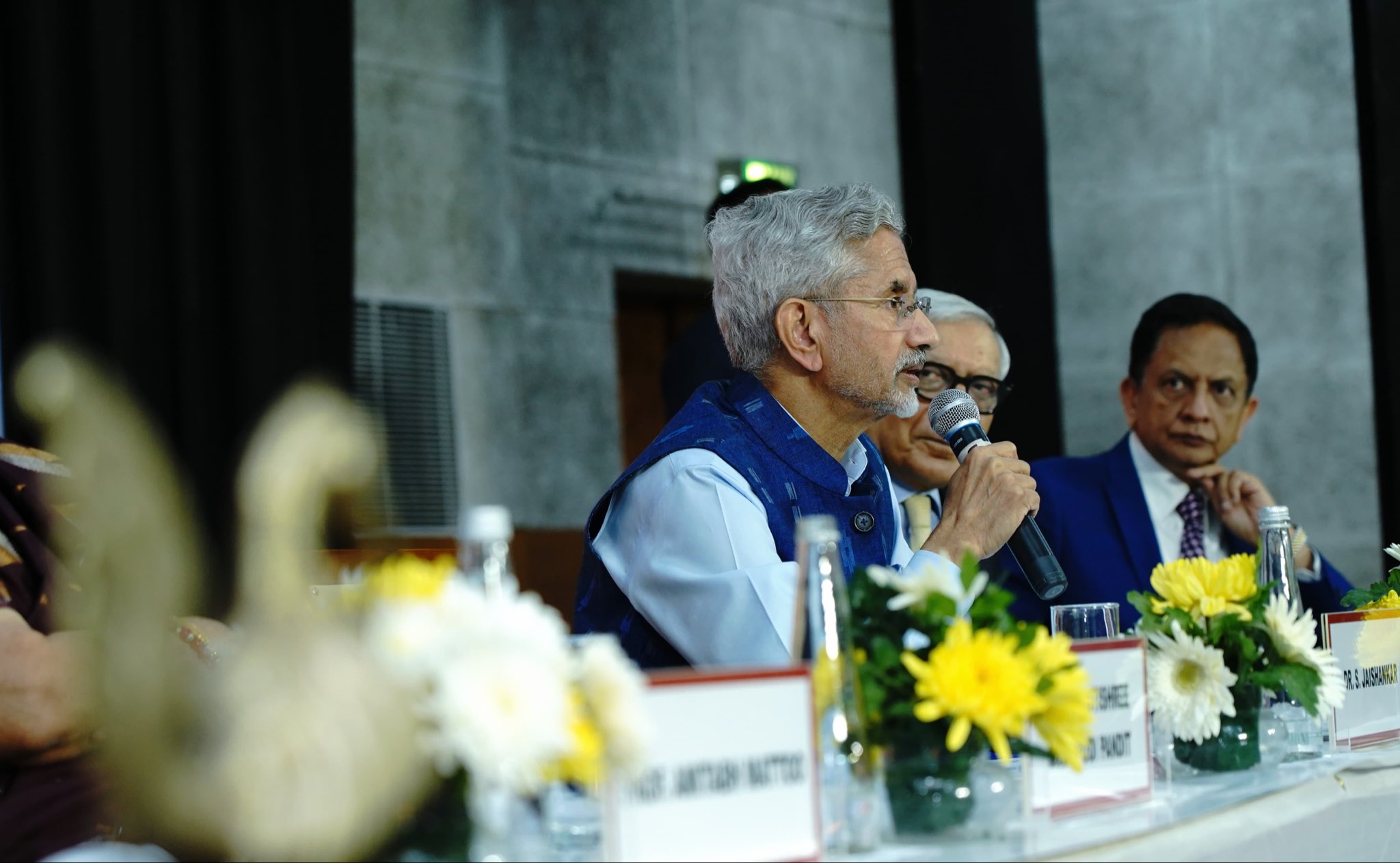All is Not Well with the United Nations: India’s Jaishankar Delivers Blunt Rebuke of Global Order
In a sharply worded address delivered in New Delhi, India's Foreign Minister Dr. S. Jaishankar openly challenged the credibility of the UN system, calling out its structural dysfunction, selective morality, and strategic irrelevance in the face of global crises.
“All is not well with the United Nations,” Jaishankar said flatly. The statement, delivered in a room of diplomats, UN officials, and members of the press, cut through the ceremonial tone of the day and forced attention onto the UN’s internal contradictions.
 |
| File Photo Source: EAM Jaishankar |
Jaishankar focused his most searing remarks on the UN’s inaction in the face of terrorism. “What does it do to the credibility of multilateralism,” he asked, “when a sitting Security Council member openly protects the very organisation that claims responsibility for a barbaric terror attack?”
He was referencing the recent Pahalgam massacre -- widely condemned but politically shielded within the UN system by a permanent member’s veto.
He didn’t name names. He didn’t have to.
That critique -- precise and damning -- comes at a time when multilateralism is under acute stress. From Ukraine and Gaza to supply chain chokeholds and climate finance shortfalls, the UN’s ability to broker meaningful consensus has visibly eroded.
For India, a country that has long sought permanent representation on the Security Council, the message was unambiguous: the world has changed, but the institutions meant to manage it have not.
Jaishankar’s remarks framed this failure not as a temporary lapse but as a systemic breakdown.
“The UN’s decision-making neither reflects its membership nor addresses global priorities,” he said. “Debates have become polarised. Its workings are visibly gridlocked. And now, financial constraints have emerged as an added threat to its survival.”
He tied these structural failures to real-world consequences. On counter-terrorism, he called out the repeated dilution of accountability through false equivalences -- where victims and perpetrators are treated as equals in the name of diplomacy.
“How much more cynical can the world get,” he asked, “when self-proclaimed terrorists are shielded from the sanctioning process?”
His framing was not rhetorical. It was strategic. By focusing on terrorism -- a priority issue for India -- Jaishankar spotlighted the cost of inaction: not just diplomatic decay, but human lives.
But he did not stop there.
“If peace and security have become lip service,” he continued, “then the state of global development is worse.”
He cited the visible slowdown of the UN’s 2030 Sustainable Development Goals (SDGs), particularly in the Global South -- a region, he noted, that continues to bear the economic and human cost of decisions made elsewhere.
“The Global South has felt the pain, while the more developed insulated themselves from the consequences,” Jaishankar said, referring to pandemic inequity, vaccine nationalism, supply chain coercion, and climate finance shortfalls.
His criticism extended to multilateral economic governance as well. Without naming specific countries, Jaishankar alluded to a growing pattern of geopolitical dominance enforced through trade policy, investment conditionalities, and strategic resource dependencies.
“Whether it's trade, political influence, or technology access -- the imbalance is persistent,” he said.
Despite the severity of his critique, Jaishankar stopped short of advocating abandonment. Instead, he called for urgent reinvention -- one that moves beyond rhetorical commitments to structural change.
“However flawed, the United Nations must be supported in this time of crisis. But supported with scrutiny. With reform. And with a hard reset of its moral compass,” he said.
India, a founding member of the UN, continues to be a major contributor to peacekeeping missions and has consistently argued for a more equitable multilateral framework. The message from New Delhi was clear: presence without power is no longer tenable.
The event, which also included the unveiling of a student-designed commemorative postage stamp, was visually ceremonial but politically charged. Jaishankar’s remarks showed India’s growing discomfort with a global governance system that marginalises rising powers while offering cover to status-quo interests.
In the end, the most powerful quote from the morning may be the one that echoes across capitals, boardrooms, and briefing notes: “When multilateralism is used to protect impunity, not accountability, the world should worry.”
